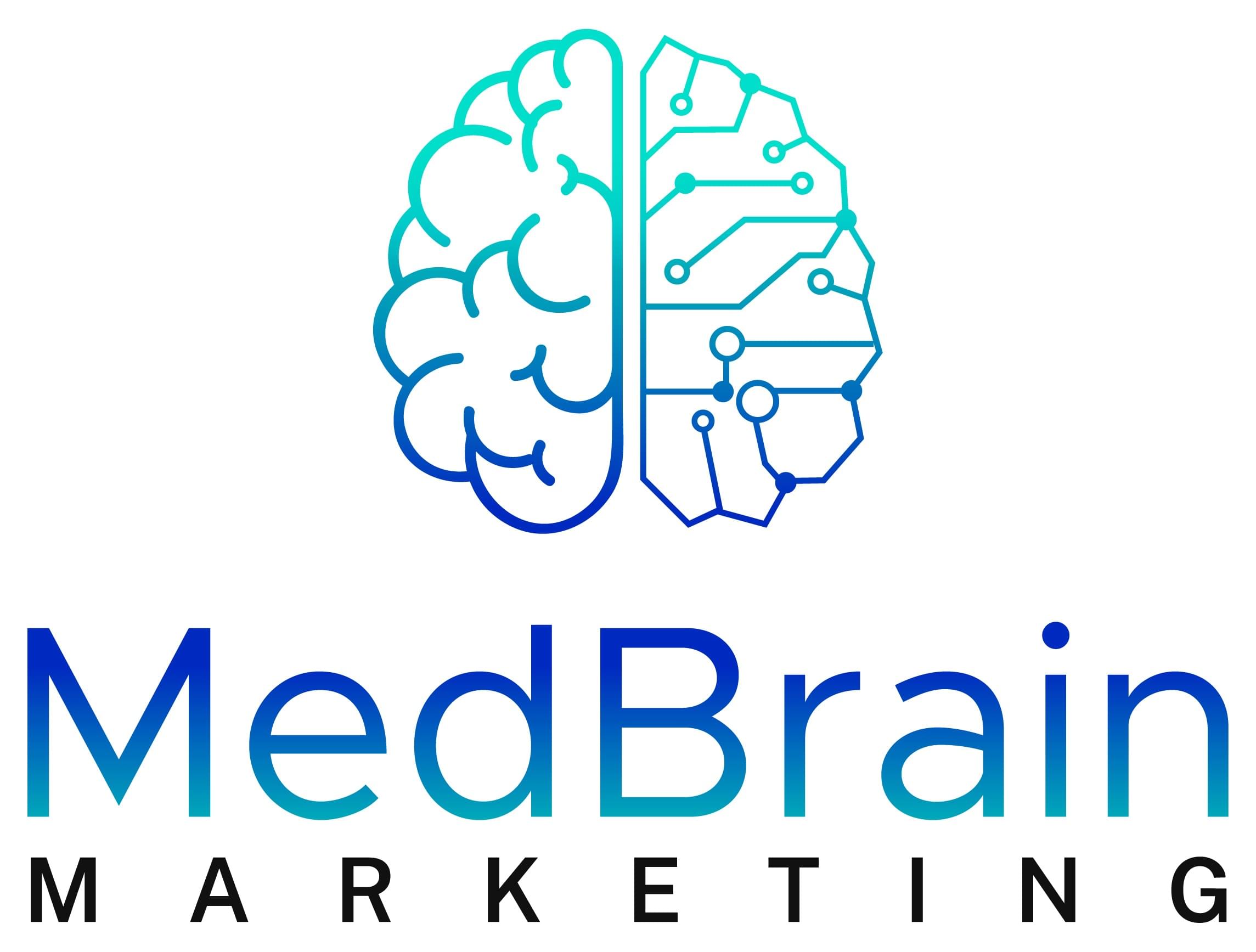
In the world of healthcare, lead conversion is a dynamic process that goes beyond mere transactions. It is about transforming potential patients into satisfied individuals who trust and value the healthcare services they receive. At the heart of this transformation lies a fundamental element: effective communication.
Lead conversion in healthcare refers to the journey from a potential patient’s initial inquiry or expression of interest to their ultimate decision to become an active, satisfied patient. It involves various touch-points and interactions that mold their perception and experience with a healthcare provider and/or clinic.
Importance of Communication in the Healthcare Industry
Communication is the cornerstone of the healthcare industry. It is not just about relaying information; it’s about fostering understanding, trust, and a connection between providers and patients. Effective communication can significantly impact satisfaction, loyalty, and outcomes.
The Pivotal Role of Effective Communication in Converting Leads into Satisfied Patients
From understanding the patient journey to the challenges faced and the technological advancements reshaping healthcare communication, we will explore how clear, empathetic, and strategic communication can bridge the gap between leads and satisfied patients.
Understanding the Patient Journey
The patient journey encompasses various stages, from the initial awareness of services to the decision-making process and, finally, becoming a patient. Understanding this journey is essential for healthcare providers to tailor their communication strategies effectively.
Identification of Key Stages in the Conversion Process
Breaking down the patient journey into key stages allows providers to target their communication efforts at specific moments, addressing potential patients’ unique needs and concerns.
Communication is woven into every stage of the patient journey, influencing decisions, building trust, and shaping the overall patient experience.
The Significance of Clear Communication
Clarity in communication is not merely a nicety but an absolute necessity. The ability to convey information clearly and efficiently ensures that potential patients are equipped to make informed decisions about joining your clinic.
Reducing Ambiguity in Marketing Materials
One of the primary touchpoints in the patient’s journey is through marketing materials. These materials serve as a window into the services offered. The role of clear and concise marketing materials must be balanced. When potential patients encounter marketing content, whether it’s a brochure, website, or social media post, clarity ensures that they comprehend the offered services, specialties, and overall value proposition.
Clear marketing materials go beyond aesthetics; they serve as an educational tool. Potential patients need to understand the scope of services, the expertise of healthcare professionals, and the unique benefits of choosing your clinic. By presenting information in an easily digestible format, healthcare organizations can establish a connection with their audience, fostering trust and confidence.
Incorporating real-world examples or case studies into marketing materials can further elucidate complex medical concepts, making them relatable and comprehensible to a wider audience. This approach helps humanize the healthcare experience and break down potential barriers to understanding.
Ensuring Transparent Communication about Services
When discussing services, healthcare providers should be forthcoming about what patients can expect during their interactions, treatments, recovery, and costs.
Potential outcomes should also be communicated transparently. This ensures that patients are mentally prepared for various scenarios. Such openness builds trust and contributes to overall patient satisfaction, as individuals feel respected and informed throughout their journey.
Empathy as a Catalyst for Conversion
Empathy in healthcare communication is the capacity to understand and share potential patients’ feelings, thoughts, and experiences. It transcends the mere exchange of medical information, delving into healthcare interactions’ emotional and human aspects. In essence, it’s the ability of the providers to connect with individuals on a more personal level.
Empathy comes to life when providers actively listen to and address the concerns and anxieties of potential patients. It goes beyond acknowledging the medical symptoms; it involves recognizing the emotional impact that health issues can have on an individual’s life. Here are ways in which healthcare providers can showcase empathy:
- Active Listening: Taking the time to listen actively demonstrates a genuine interest in understanding the patient’s perspective. This involves giving undivided attention, making eye contact, and providing verbal and non-verbal cues that signal attentiveness.
- Verbal Affirmation: Using affirming language to acknowledge the patient’s concerns helps in validating their emotions. Simple phrases such as “I understand,” or “I hear what you’re saying” convey empathy and create a sense of shared understanding.
- Ask Open-ended Questions: Encouraging patients to express their concerns by asking open-ended questions allows for a more comprehensive understanding of their experiences. This not only provides valuable information for healthcare decisions but also shows that their perspective is valued.
The Role of Empathy in Building Trust and Loyalty
Empathetic communication is a powerful tool in building trust and fostering patient loyalty. When patients feel understood and valued, a strong foundation of trust is established. This trust, in turn, becomes a driving force for patient loyalty. Here’s how empathy contributes to this process:
- Creating Emotional Bonds: By acknowledging and addressing the emotional aspects of a patient’s journey, providers create emotional bonds that go beyond the clinical realm. This emotional connection builds a sense of loyalty, as patients feel their healthcare providers genuinely care about their well-being.
- Enhancing Patient Satisfaction: Empathetic communication significantly contributes to overall patient satisfaction. Feeling heard and understood positively influences a patient’s perception of their healthcare experience, making them more likely to remain loyal to a particular healthcare provider.
- Encouraging Open Communication: Patients are more likely to share important information about their health when they trust their healthcare providers. Empathy encourages open communication, creating an environment where patients feel comfortable expressing their concerns, preferences, and fears.
Communication at Every Stage of the Patient Journey
A. Initial Contact and Outreach
- Crafting Compelling Messaging: messaging that resonates with potential patients, addressing their needs and concerns
- Setting the Right Expectations: realistic expectations during the initial contact, ensuring transparency and honesty
B. Consultation and Evaluation
- Active Listening and Responding: Allows providers to tailor their responses and address specific patient needs
- Providing Comprehensive Information: It is important that potential patients understand the information given to them during the evaluation process, so they can make an informed decisions.
C. Post-Conversion Follow-up
- Ensuring Continuity in Communication: Ensuring patients feel supported and cared for even after the initial transaction
- Seeking Feedback and Addressing Concerns: Actively seek feedback, address concerns promptly, and continuously refine communication strategies based on patient input
Elevate Your Healthcare Marketing with MedBrain Marketing!
Are you ready to revolutionize your healthcare marketing strategy and enhance patient lead conversions? MedBrain is your dedicated partner in achieving success in the ever-evolving healthcare landscape.
Why Choose MedBrain Marketing?
- Specialized Expertise: Benefit from our team’s in-depth knowledge of healthcare marketing intricacies. We understand the unique challenges and opportunities in the industry, ensuring a tailored approach for maximum impact.
- Strategic Communication: At MedBrain Marketing, we recognize the pivotal role of effective communication in lead conversion. Our strategies prioritize clarity, empathy, and precision at every stage of the patient journey.
- Transparent and Results-Driven: We believe in transparent communication, providing you with clear insights into our strategies and measurable results. Our focus is on delivering tangible outcomes that positively impact your patient conversion rates.
How to Get Started:
- Schedule a Consultation: Let’s discuss your specific goals, challenges, and vision. Our team will work collaboratively with you to devise a customized plan that aligns with your healthcare organization’s objectives.
- Comprehensive Marketing Solutions: From refining your marketing materials to implementing empathetic communication strategies, MedBrain Marketing offers a holistic suite of services designed to elevate your brand and convert leads into satisfied patients.
- Transform Your Healthcare Marketing: Together, let’s transform potential leads into long-term, loyal patients. Partner with MedBrain Marketing for a cutting-edge approach that combines expertise, innovation, and a genuine commitment to your success.
Ready to embark on a journey of enhanced patient conversions and impactful healthcare marketing? Contact MedBrain Marketing today, and let’s shape the future of your healthcare brand together!
Contact us at www.medbrainmarketing.com to schedule your consultation and take the first step towards a more successful and patient-centric healthcare marketing strategy!
